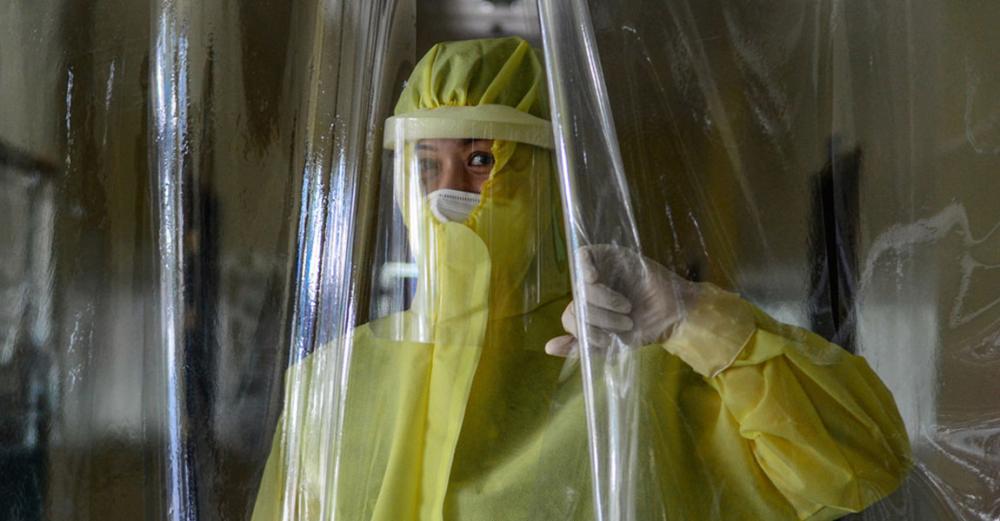Just Earth News | @justearthnews | 05 Aug 2020

New York: Prioritizing the safety and well-being of women and girls, the UN and partners launched on Tuesday a COVID-19 humanitarian response plan to assist some 5.4 million of the poorest and most marginalized people in the Philippines.
According to the UN, the Humanitarian Country Team, the COVID-19 Response Plan aims to provide "critical health interventions and multi-sectoral humanitarian assistance" to those in epidemic hotspots and will be the largest response since 2013, when Typhoon Haiyan/Yolanda ravaged the country and claimed some 7,800 lives.
“The pandemic is challenging the capacity of response of any single country in the world”, said Gustavo Gonzalez, UN Resident Coordinator and Humanitarian Coordinator in the Philippines.
“Our role is to make best use of our global knowledge and resources to join Government’s efforts to contribute to the safety and well-being of the Filipino people”, he added.
Building resiliency
Some 50 UN and local and international non-Government partners are involved in the programme. And with a price tag of about P6 billion – $122 million – 23 per cent of the response plan has already been mobilized, the UN said.
The plan is being kicked off as the epicenter of Manila and surrounding provinces have returned to lockdown after eased quarantine measures saw a surge in cases.
Millions remain out of jobs, while the already crippled economy face bleak forecasts, according to news reports.
The response plan to COVID-19 concentrates on supporting the Government in addressing its immediate challenges, including health, food security, water and sanitation.
And while it spans until the end of the year, the plan will be updated according to needs as they arise throughout the deadly pandemic.
The response plan is also a steppingstone to the UN’s mid- and long-term support to COVID-19 recovery, which will be developed in the upcoming UN Socioeconomic and Peacebuilding Framework.
“As we work together to support Government efforts to contain the virus against the demand to restore the economy, the UN and humanitarian partners will continue to seize opportunities to build greater resiliency, equity and inclusivity, in short, to build forward better,” Gonzalez explained.